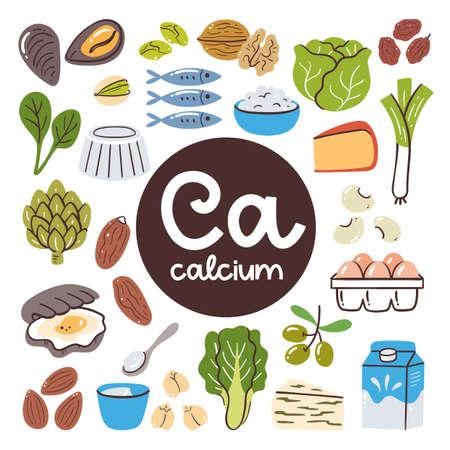After reviewing the client's intake and output record for the last eight hours, the nurse calculates the client's current fluid balance as how many mL? (Enter numeric value only).
- 0730-8 oz of orange juice, hard boiled egg, and toast
- 0830-voided 150 ml
- 1200-1 cup of soup, tuna sandwich, and 1/2 cup of apple juice
- 1300 vomitus of 100 mL
- 1400 voided 250 mL and drank one 12 oz can of soft drink
The Correct Answer is ["455"]
-
Intake:
- 8 oz of orange juice = 240 mL
- 1 cup of soup = 240 mL
- 1/2 cup of apple juice = 120 mL
- 12 oz can of soft drink = 355 mL
- Total intake = 240 + 240 + 120 + 355 = 955 mL
-
Output:
- Voided 150 mL
- Vomitus 100 mL
- Voided 250 mL
- Total output = 150 + 100 + 250 = 500 mL
-
Fluid Balance:
- Fluid balance = Intake - Output = 955 - 500 = 455 mL
Nursing Test Bank
Naxlex Comprehensive Predictor Exams
Related Questions
Correct Answer is D
Explanation
Choice A
Cutting the spaghetti and meatballs into small pieces is inappropriate. This choice is not directly related to the risk of infection. It might be helpful for a client who has difficulty swallowing or chewing, but it doesn't address the compromised immune system and infection risk.
Choice B
Exchanging pasteurized whole milk with skim milk is inappropriate. The type of milk doesn't have a direct impact on infection risk. Both pasteurized whole milk and skim milk are considered safe for consumption. This choice doesn't address the specific concern of infection in a client with a low ANC.
Choice C
Substituting fried potatoes with a garden salad is inappropriate. While choosing healthier food options can be beneficial for overall health, the choice between fried potatoes and a garden salad doesn't necessarily impact the infection risk for a client with a low ANC. This choice also doesn't address the specific concern of infection in this context.
Choice D
Remove the fresh grapes from the meal tray is appropriate. The reason for this choice is that a client with an absolute neutrophil count (ANC) of 400 has a significantly compromised immune system, and they are at a high risk of infection due to their low neutrophil count. Neutrophils are a type of white blood cell that plays a crucial role in fighting off infections. A normal ANC falls within the range of 2500 to 8000 mm3 or cells/uL.
Fresh grapes, being a raw and uncooked food item, may carry a higher risk of containing bacteria or pathogens that could pose a threat to a client with such a low ANC. The nurse needs to ensure that the client's exposure to potential sources of infection is minimized.
Correct Answer is ["B","D","E"]
Explanation
Choice A
Pickles, blackberries, seeds are not appropriate. None of these foods are particularly high in calcium. Pickles and blackberries are not significant sources of calcium, and while some seeds contain calcium, they are not among the best sources.
Choice B
Buttermilk, spinach, milk: These foods are good sources of dietary calcium is appropriate. Milk and buttermilk are commonly consumed dairy products that contain calcium. Spinach, while not as high in calcium as dairy products, still contributes to calcium intake.
Choice C
Pickled olives, spam, nuts are not appropriate. These foods are not known for being high in calcium. Additionally, some foods like pickled olives and spam may have high sodium content, which can affect calcium balance.
Choice D
Fresh meats, fresh turkey, fresh chicken is appropriate. Fresh meats, such as turkey and chicken, provide some calcium, although not as much as dairy products. They also contribute to overall nutritional intake.
Choice E
Cheese spread, processed cheese, cheese is appropriate. Dairy products like cheese, especially processed cheese and cheese spread, are good sources of calcium. They can be effective in increasing calcium intake to address hypocalcaemia.

Whether you are a student looking to ace your exams or a practicing nurse seeking to enhance your expertise , our nursing education contents will empower you with the confidence and competence to make a difference in the lives of patients and become a respected leader in the healthcare field.
Visit Naxlex, invest in your future and unlock endless possibilities with our unparalleled nursing education contents today
Report Wrong Answer on the Current Question
Do you disagree with the answer? If yes, what is your expected answer? Explain.
Kindly be descriptive with the issue you are facing.
